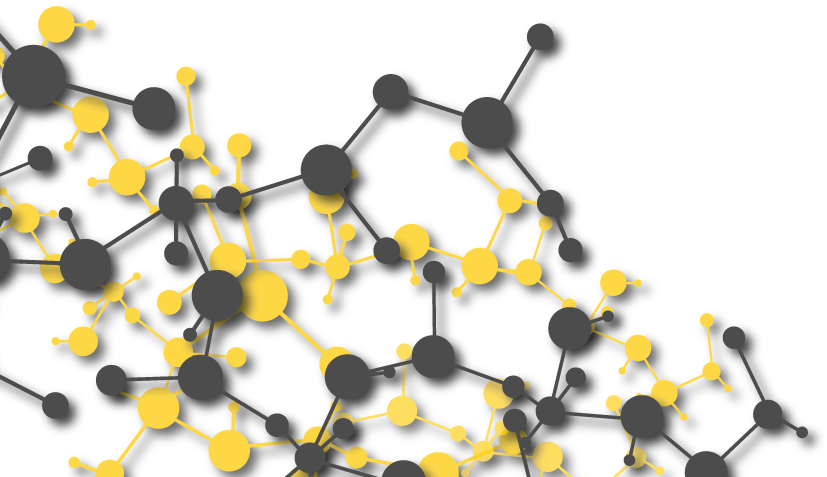“One man’s waste is another man’s treasure” has never been more true than it is today.
Renewable raw materials present an opportunity to not only use cheap by-products previously designated as waste for a new, ultimately beneficial purpose but also present the chance to shake up the current product base for the better.
Gantrade’s Renewable Raw Material Products
For nearly 50 years, Gantrade has served as an experienced, respected, world-class supplier of chemicals. Gantrade has provided chemical intermediates for a variety of uses in the realm of polymers, including acetyls, acrylates, polyurethanes, polyureas, polyesters, and epoxies.
Gantrade is committed to investing and entering into the developing market of renewable raw materials. Going forward, Gantrade strives to enter this market with a repertoire of renewable raw materials for processing and manufacturing needs to better serve its customers and exceed their requirements.
Since 2019, Gantrade has added multiple bio-based products derived from renewable raw materials, including vinyl acetate monomers (VAM), 1,3 propanediols, succinic acids, sebacic acids, linear aliphatic polyester polyols, branched aromatic polyester polyols, and aliphatic polyether polyols derived from 1,3 propanediols (PO3G).
What Are Renewable Raw Materials?
Renewable raw materials are derived from sources that replenish themselves in short periods of time, often as few as ten years or less. Renewable raw materials are opposed to fossil fuel-derived materials, which may take millions of years to replenish.
Renewable raw materials include easily grown items such as wood, cotton, linseed, soy, wool, cork, bamboo, and many other natural items.
One of the most exciting areas of renewable raw materials comes from the waste products of other industries, such as the meat processing industry’s waste fish and fat waste or the waste vegetable and cooking oils from the cooking industry. So-called “waste” and leftover residue from a variety of sources can be used as raw materials for a variety of products, limiting the adverse effects of using petroleum products and their derivatives.
What Can Renewable Materials Be Used For?
Renewable raw materials can be used in a variety of applications, such as textiles, packaging materials, detergents, plastics, and much more. These renewable resources, with development, can be used for most, if not all, of the products derived from petroleum today.
The chemical industry often uses renewable resources such as plant and animal oils and fats, proteins, sugars, and starches. These are used in lubricants, surfactants, binders, paint, polymers, biodiesel, coatings, glues, bulk chemicals, and more.
The Benefits of Using Renewable Raw Materials
Unlike their petroleum counterparts, renewable raw materials are constantly being replenished, and thus there will always be a source for them. The same cannot be said for petroleum, which has an uncertain future. The use of renewable raw materials can save these limited petroleum resources by providing a sustainable alternative to some of the products currently made from petroleum.
Renewable raw materials are more environmentally friendly and often are biodegradable, allowing for quick reuse or decay after the end product has served its intended purpose. Renewable raw materials create value where there was none at a low cost and to the benefit of society.
Gantrade strives to meet and exceed its customer’s requirements in an environmentally friendly and sustainable manner. To learn about how Gantrade can help meet your needs, please contact us or request an SDS data sheet.















